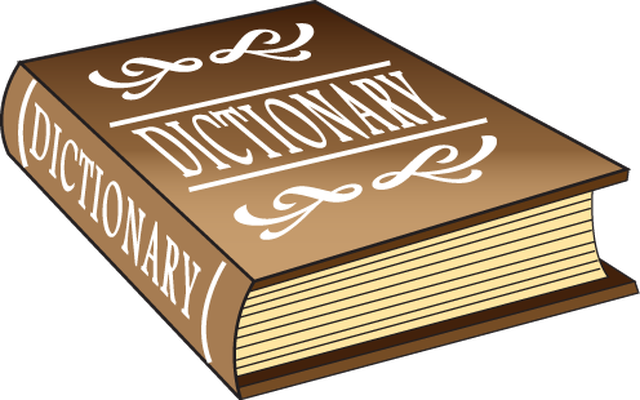
Essential Oil Properties Definitions
Share
Here is a list of definitions for the most common essential oil properties:
Analgesic : remedy or agent that reduces painAnti-bacterial : kills or inhibits bacteria
Anti-biotic : destroys or inhibits growth of microorganisms and bacteria
Anti-convulsant : stops or prevents convulsions
Anti-depressant : helps alleviate depression
Anti-diarrheal : relieves diarrhea
Anti-emetic : reduces the incidence and severity of nausea and vomiting
Anti-fungal : destroys or inhibits the growth of fungi
Anti-hemorrhagic : prevents or combats hemorrhaging or bleeding
Anti-histaminic : reduces allergic conditions
Anti-infectious : reduces or prevents infection
Anti-inflammatory : alleviates inflammation
Anti-microbial : destroys or inhibits growth of pathogenic microorganisms
Anti-neuralgic : reduces nerve pain
Anti-oxidant : prevents or delays oxidation, especially with exposure to air
Anti-parasitic : destroys or reduces parasites
Anti-pyretic : reduces fever
Anti-rheumatic : relieves or prevents rheumatism
Anti-septic : destroys and prevents the development of microbes
Anti-sudorific : prevents sweating
Anti-spasmodic : prevents and relieves spasms or convulsions
Anti-toxic : counteracts a toxin or poison
Anti-viral : destroys viruses or inhibits their growth
Aphrodisiac : increases libido
Astringent : causes contracting of body tissues, especially skin
Bactericidal : destructive to bacteria
Carminative : calms digestive system, relieves flatulence
Cholagogue : promotes the flow and discharge of bile from the system
Cicatrisant : promotes healing of a wound by formation of scar tissue
Decongestant : reduces congestion and mucus
Deodorant : corrects or covers offensive odors
Depurative : detoxifies and purifies
Digestive : aids or promotes digestion of food
Disinfectant : prevents and combats spread of germs
Diuretic : promotes excretion of urine
Emmenagogue : induces or helps menstrual flow
Expectorant : promotes removal of mucus from the respiratory tract
Febrifuge : fights fever
Fungicidal : prevents and fights fungi
Hemostatic : stops bleeding
Hepatic : relating to the liver
Hypertensive : increases blood pressure
Hypotensive : decreases blood pressure
Immunostimulant : activates an immune response
Insecticidal : repels insects
Laxative : relieves constipation and encourages bowel movement
Lymphatic : relating to the lymph system
Mucolytic : breaks down mucus
Nervine : beneficial to nervous system
Neurotonic : strengthens or stimulates nervous system
Parasiticide : kills parasites
Restorative : restores health and well-being
Rubefacient : produces redness of the skin
Sedative : calming or tranquilizing
Spasmolytic : prevents or relieves spasms or convulsions
Stimulant : increases physiological functions
Stomachic : increases appetite and promotes digestion
Styptic : stops or reduces bleeding
Sudorific : causes perspiration
Tonic : restores and strengthens the whole body or its parts
Uterine : pertains to the uterus
Vasoconstrictor : causes narrowing of blood vessels
Vasodilator : dilates blood vessels
Vulnerary : helps heal wounds
Warming : make or become warm
